As part of the ACM20121 Certificate II in Animal Care, you are required to gain experience with at least two different species of animals (and different life stages) during your practical placement.
For the AVT online course, one must be a companion animal and one must correspond with the elective ‘Species-specific’ unit you have chosen as part of your course. For example, if you choose the Care of Dogs elective, your placement must include access to dogs so you can demonstrate the required skills.
The national training package sets this requirement of two species of animals, and in some cases, animals of different life stages, to ensure students develop well-rounded skills that reflect real-world workplaces.
Animal care professionals often work in environments where they encounter a wide variety of animals of all ages – not just one type or age. By handling and caring for more than one species and animals of different life stages, you will:
- Develop broader skills – Each species has different behaviour, health, and welfare needs. Gaining experience across more than one ensures you can adapt your knowledge and skills.
- Improve safety and welfare awareness – Working with different animals teaches you to manage risks and apply safe, humane handling techniques in varied situations.
- Be more employable – Employers value staff who can confidently care for a range of animals, whether in a vet clinic, shelter, kennel, or wildlife setting.
If you are unsure whether your placement offers access to two species (including your elective), our Student Support Team can guide you before you commence.



